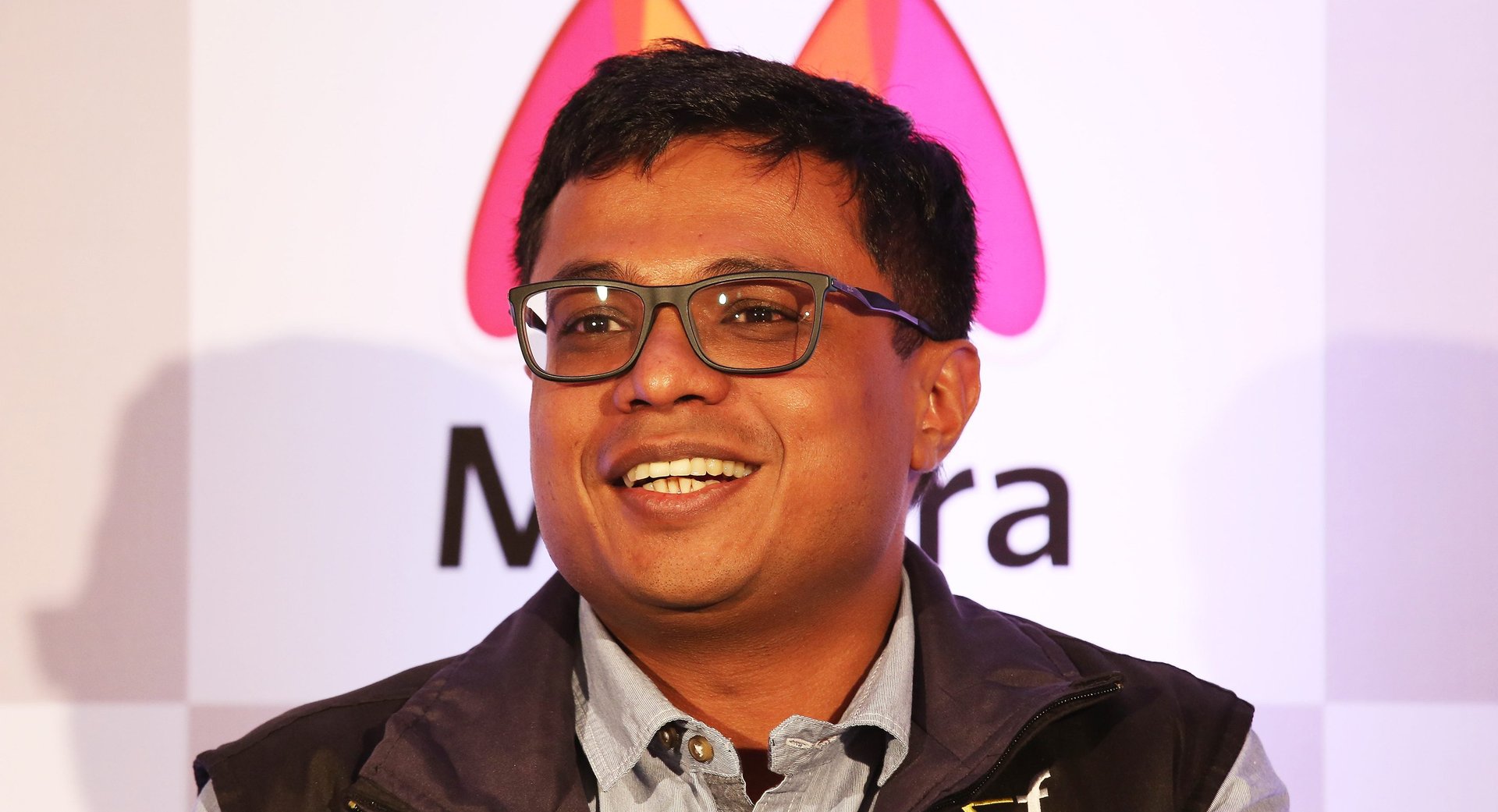On Twitter, Indian entrepreneurs are basically online complaint boxes
Indian entrepreneurs have a social media problem: Their tweets often turn into a customer grievance redressal exercise, drowning out even the most exciting announcements.


Indian entrepreneurs have a social media problem: Their tweets often turn into a customer grievance redressal exercise, drowning out even the most exciting announcements.
On Aug. 10, Sachin Bansal, one of India’s most celebrated young entrepreneurs, took to Twitter to announce that his company, Flipkart, had sealed a ”monumental deal” to raise a whopping $2.5 billion (Rs16,310 crore).
This was a momentous occasion for not only Bansal but the entire Indian startup ecosystem because it indicated a turnaround in the year-long funding slump. Flipkart had managed to close the single largest round ever raised by an Indian internet business. Not surprisingly, Bansal believed this was “a great endorsement” of his company.
His Twitter followers, however, had a lot of other things on their minds.
Of the over 200 replies Bansal’s funding tweet received by Oct. 23, most were complaints from anguished customers. It was retweeted 250 times.
This was not the first time Bansal’s message was lost amid irate customer reactions. And the 36-year-old executive chairman of Flipkart Group is not the only one to have been meted out such treatment.
Indian entrepreneurs are frequently treated like grievance registers on Twitter—and on the oddest of occasions. No matter what an entrepreneur has to say—be it views on government policies or Game of Thrones—reactions are standard: “Why is my order late?” “I cannot reach the customer service number.” “Your executive was rude to me.” “Why has my money not been refunded yet?”
Sample these:
Snapdeal refused to comment for this story. Flipkart, Paytm, and OYO did not respond to emails queries.
Trying to get heard
To be fair, it’s not entirely impossible that out of the millions that their companies serve, a handful of customers have had poor experiences with them. But customers bypassing helplines (including Twitter handles) to confront founders directly could also reflect a certain desperation.
“Some of these customers may feel upset that their experiences are not commensurate with the wonderful story that the entrepreneur is narrating via social media and, therefore, may react strongly to it,” said Suresh Bhagavatula, chairperson of the NS Raghavan Centre for Entrepreneurial Learning at IIM Bangalore.
“Perhaps, if entrepreneurs are seen to be earnest and respond genuinely to such grievances, customers may be more tolerant of the occasional goof-ups,” he added.
To tackle the problem, some entrepreneurs have their customer care teams address complaints that appear on their Twitter handles in real time. For example, every customer complaint that is sent as a reply to Snapdeal co-founder Kunal Bahl’s tweets is taken up by the company’s customer care team.
In the absence of timely redressal, these grievances can be potentially damaging for entrepreneurs. “Not just investors, negative images and stories on social media can deter other customers as well,” Bhagavatula said. “No entrepreneur can have 100% happy customers but then many potential customers are also looking at how entrepreneurs respond to negative comments of unhappy customers.”